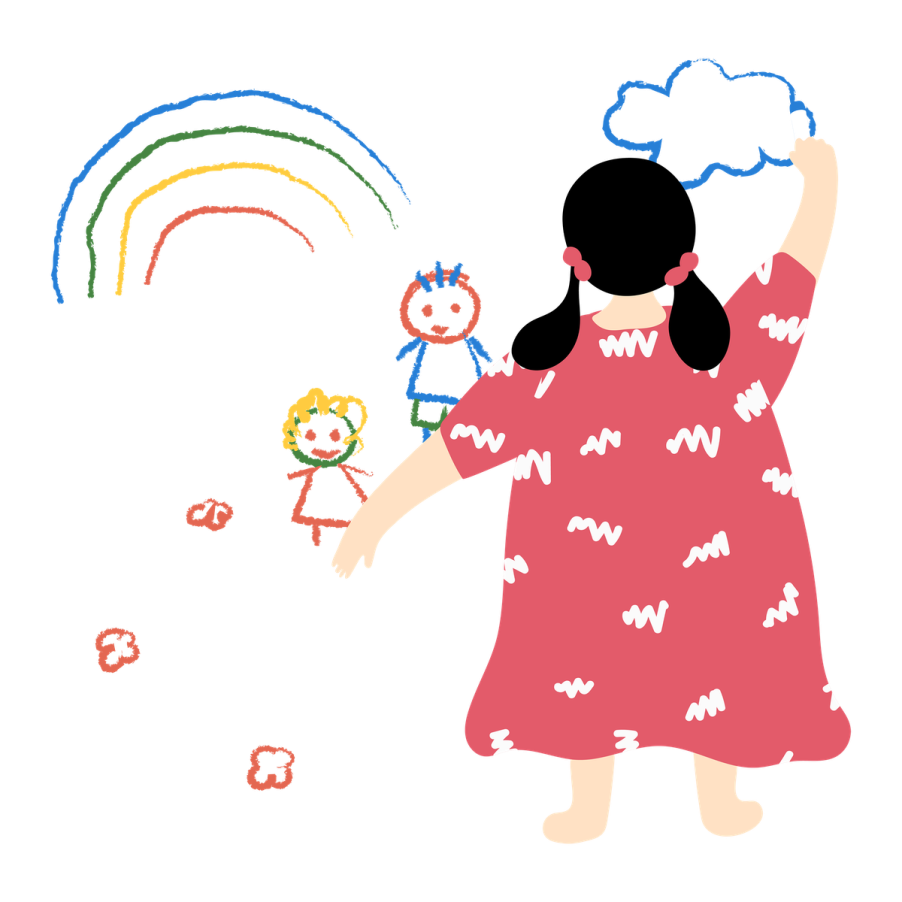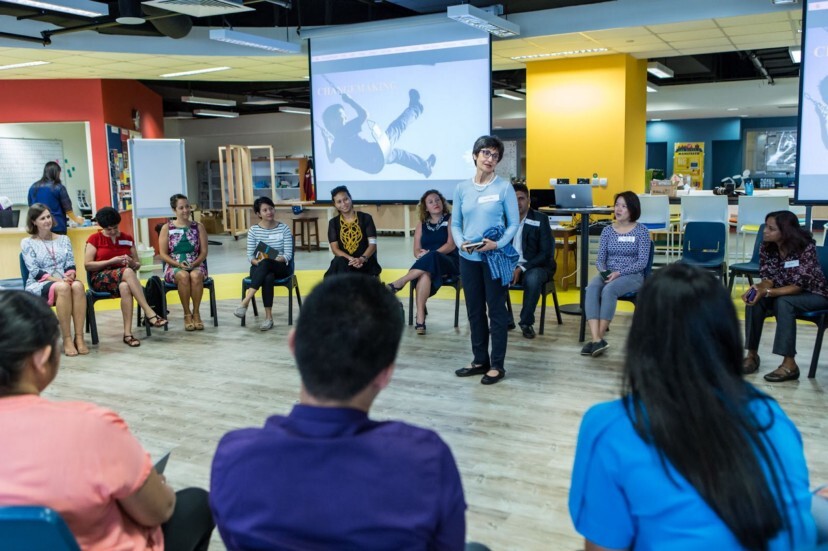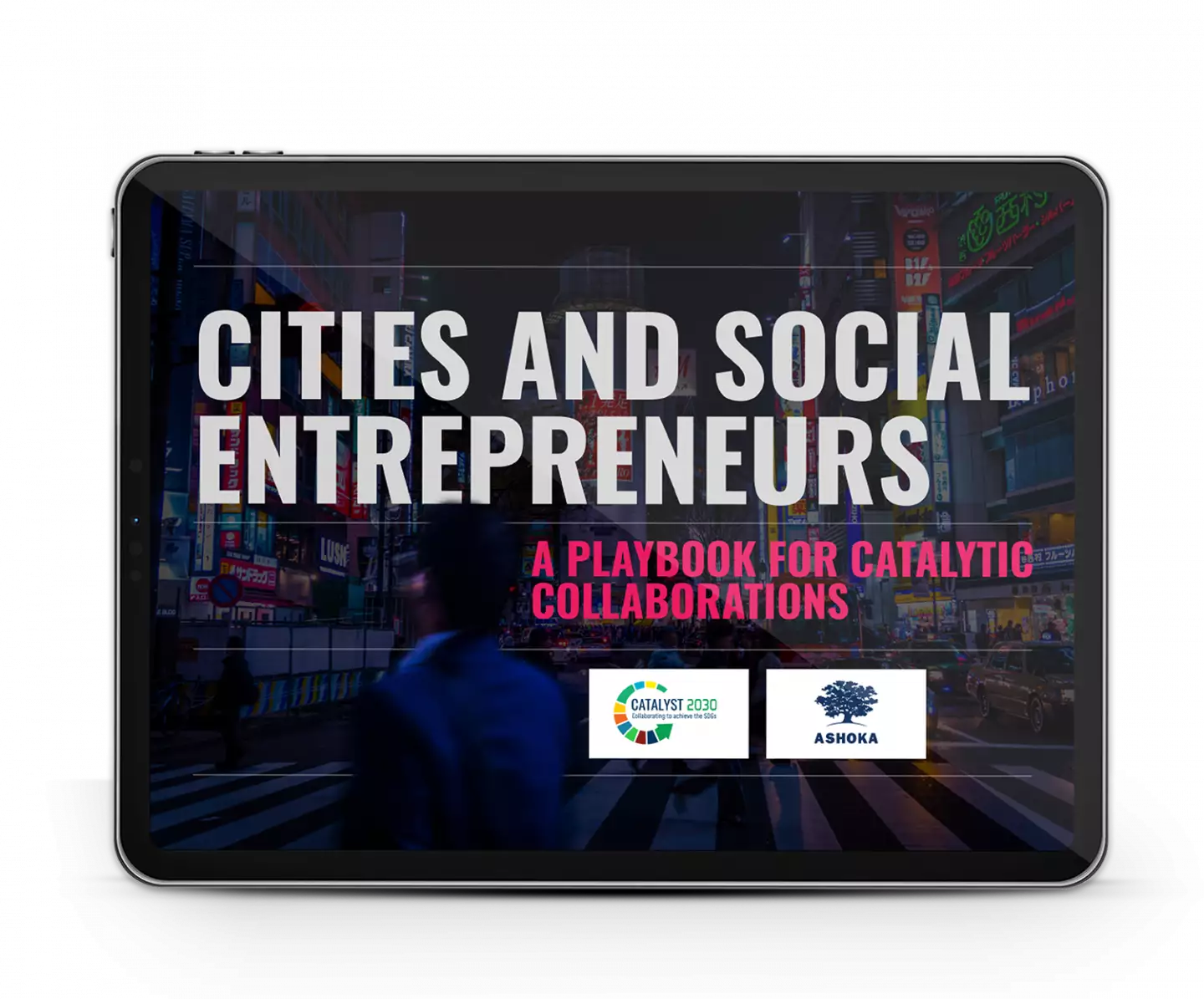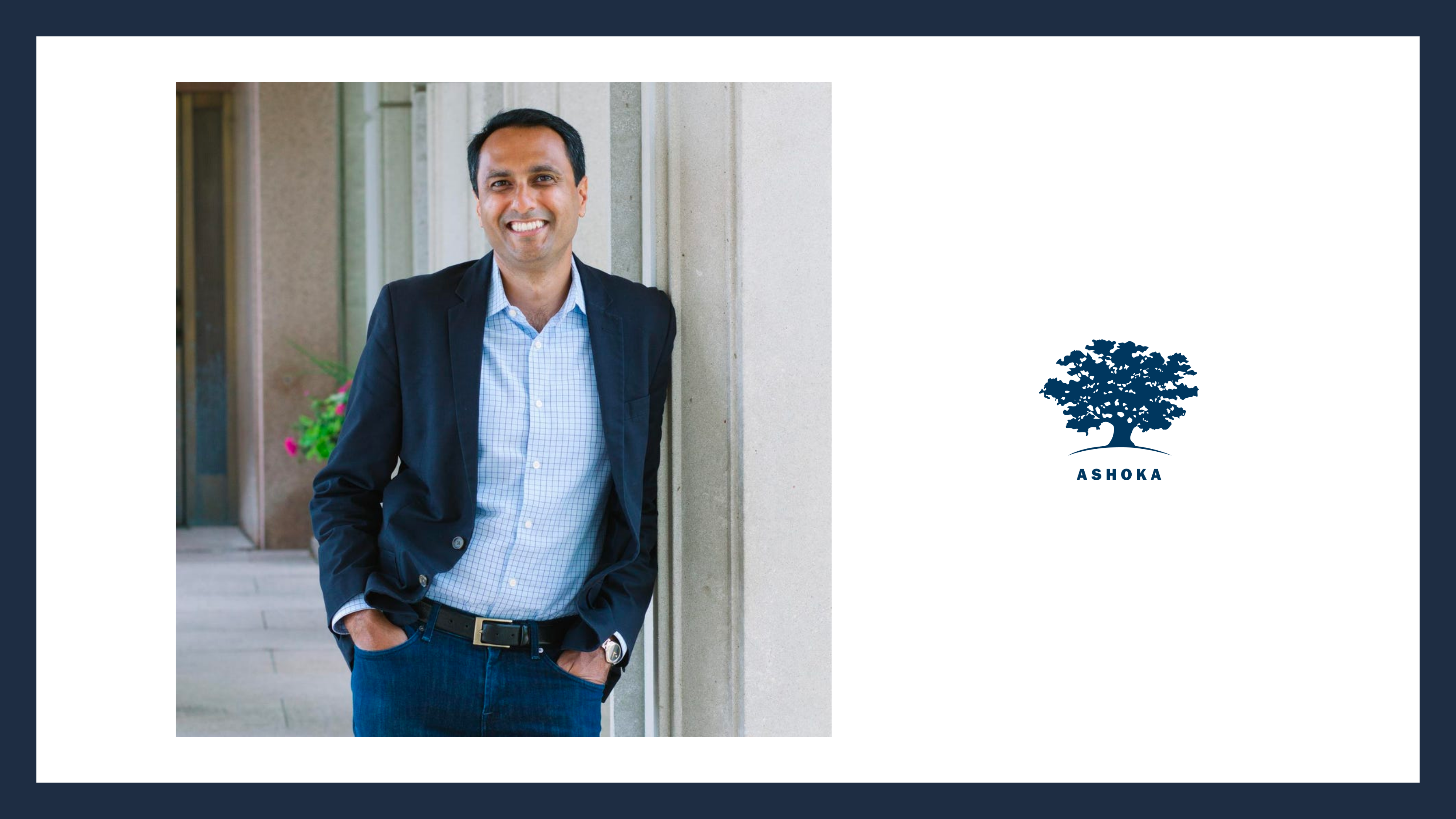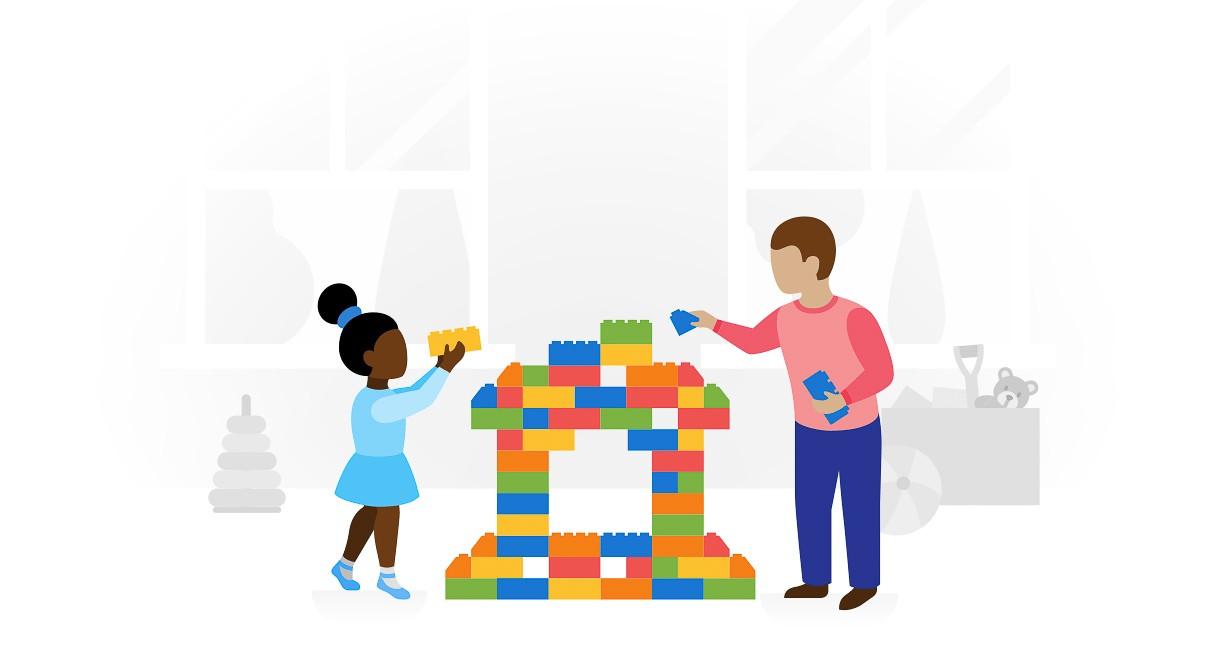
This piece is the first in a series of reflections on virtual conversations during the #ChangemakersUnited Summit, hosted by Ashoka.
By Thomas Blettery
When I hosted a conversation about transforming education at the Changemakers United Summit in May, my second child, Gabrielle, had just turned 4 months. By then she had spent her entire life under lockdown, without any contact with her family except her mother and me.
What adults call a crisis has already become “normal” for many children. It looks as though this new normal will persist — for all of us. Last month, World Health Organization executive Mike Ryan reminded us to be “realistic,” saying that “This virus just may become another endemic virus in our communities and this virus may never go away.”
We must focus on the future. Gabrielle will not learn as I learned in my early years in this new world. I will not be learning as I used to learn, either. We have no other option but to rethink our learning ecosystems.
Redefining success
We must redefine what success in learning ecosystems looks like. What will it mean to be a successful as a teacher, parent, educator, institution, and ultimately as a young person in our new reality?
The current dominant paradigm of educational success is not about “saving our children’s future.” Instead, the dominant paradigm defines success mostly by academic attainment and diplomas, and ultimately economic success.
Imagine if we changed this.
What if the success meant empowering younger generations to build the future they want to live in? What if educational ecosystems focused on empowering all students to become changemakers?
This is where social entrepreneurs give us hope. People like Ashoka Fellows Jen Lexmond of EasyPeasy, Emer Beamer of Designathon Works, and many others across the planet are obsessed with this challenge.
They’re showing us we can achieve moonshot goals — like transforming entire learning ecosystems — if we’re empowered to access the changemaker within. Here are two examples.
Empowering parents with easy educational tools
Jen is transforming learning ecosystems by making learning accessible and experiential through her app EasyPeasy. The app helps children and parents learn and play together. This was especially important during the lockdown period where children could not go to school and parents took on the role of formal teacher. It will be important in the future as learning ecosystems change shape in the wake of lockdown learnings.
Education that involves real-world problems
“Society still sees a child as a human becoming, instead of a human being having concerns and having ideas.” -Emer Beamer
Emer empowers the next generation of changemakers through her organization Designathon Works. During the lockdown crisis, Emer challenged young changemakers to come up with creative solutions to the crisis. This takes the abstract idea of formal education and transforms it into something tangible with real impact. Even more important, it’s empowering children to learn changemaker skills at an early age.
Three key take-aways
Emer, Jen, and other social entrepreneurs illustrate what we need for our rapidly-changing reality: a systemic approach that focuses on fixing root problems instead of just symptoms. Here are a few main learnings from our conversation:
1. Parents have superpowers.
The biggest influence in a child’s early life learning & development is the parents. Not only is the portion of the total amount of money invested in education channelled towards early childhood unbelievably small, but it seems our learning ecosystems are predominantly leaving parents out of the equation. The time has come to recognize the central role parents play, and unleash the untapped potential of millions of them as “Changemakers-makers.”
2. Home is the new school.
The lockdown has reminded us that learning happens not only in schools, but everywhere, all the time. After all, our distant ancestors haven’t waited for us to invent schools to learn. Being locked down in our homes made us — or in many cases forced us to — unlock our living rooms’ potential as a learning space. Some even started #changemakingfromhome. May this strengthen our capacity to see the “learning potential” of many more spaces and moments, and to transform schools from learning sanctuaries into learning hubs that create bridges between the learner’s aspirations and learning opportunities — and our world’s most pressing challenges.
3. Covid-19 is at once a tragedy and a unique opportunity to unlock the potential of children as changemakers.
As Emer Beamer puts it: “Some of their ideas are great. Many are stupid. They’re just like adults.” But unlike adults, if we don’t involve them in addressing the overwhelming challenges we face (and when we do, don’t listen to their answers), not only are we missing out on potentially very powerful ideas, but we’re also depriving ourselves from an inexhaustible source of fearless creativity, exalted enthusiasm and overflowing energy. Why not leveraging such a treasure in times of unprecedented crisis? Covid-19 has given us a good reason — and a fairly good amount of time with our kids — to do so.
Revisiting our vision
Ultimately, education is about equipping young people to be changemakers who contribute towards the good of all. This critical moment offers an opportunity to reflect and reimagine how we build our education systems to embrace this vision at the center.
-
Thomas Blettery hosted “Returning to the Past or Transforming Learning Ecosystems,” a session at the #ChangemakersUnited Summit. (Recording available here).
Thomas co-leads Ashoka’s activities in France, where he focuses on fostering the emergence of learning ecosystems that enable individuals to grow as changemakers. He also co-initiated The Weaving Lab and La Maison de l’Apprendre, and is the Executive Producer of the Une idée folle movie.
